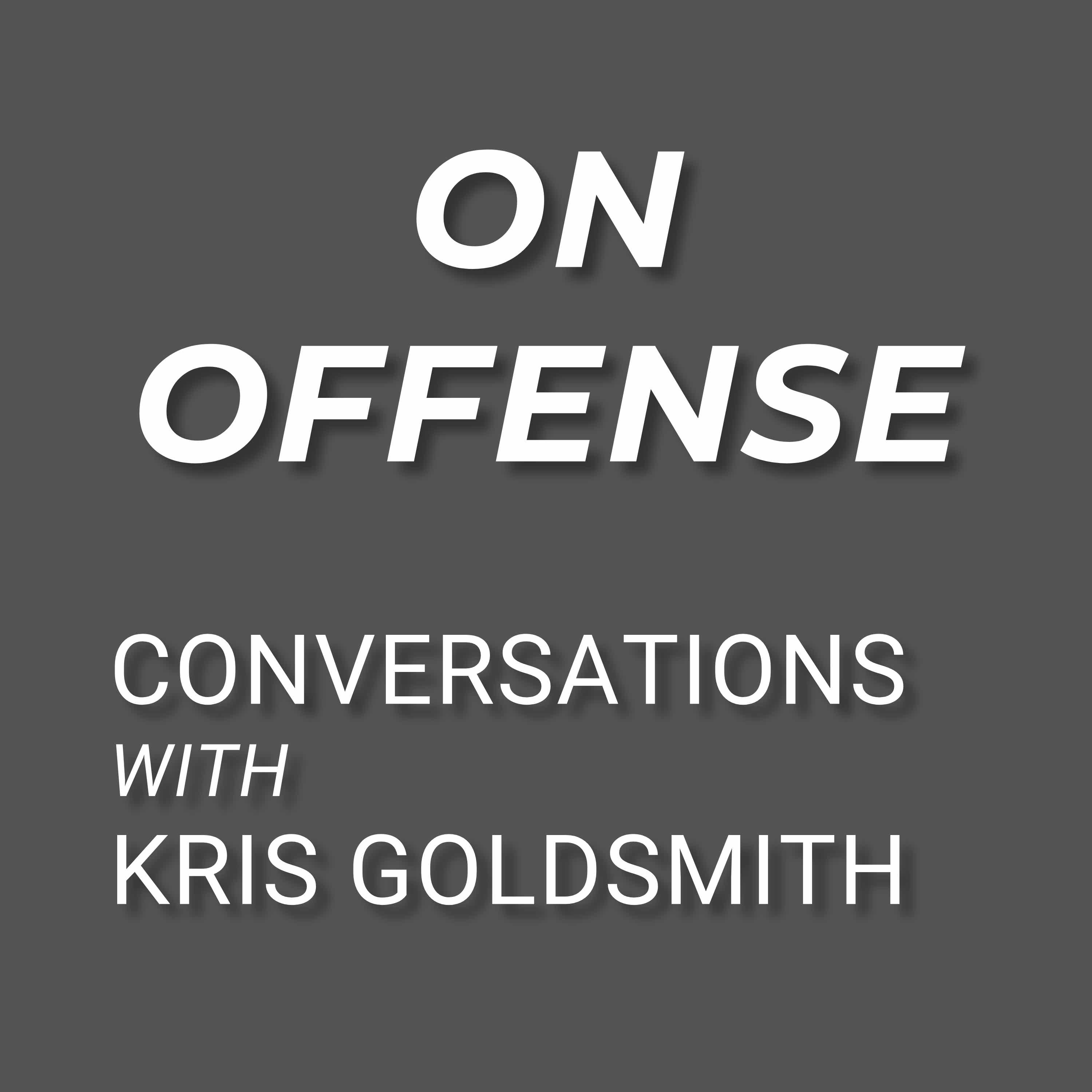On Offense: Conversations with Kris Goldsmith

On Offense: Conversations with Kris Goldsmith
Podcast Description
On Offense: Conversations with Kris Goldsmith features raw, urgent, and unfiltered conversations about the fight against fascism in America. Hosted by Kris Goldsmith — combat veteran, antifascist investigator, and founder of Task Force Butler and Veterans Fighting Fascism — this series brings you behind the scenes of the struggle to defend democracy from the radical right.
These episodes include Substack Live interviews, collaborative deep dives, and audio dispatches that explore domestic extremism, authoritarian threats, and the growing grassroots resistance. You'll also hear voices from the broader antifascist movement, including co-hosts of the Find Out podcast — a sharp, unapologetic roundtable of veteran and activist creators pushing back against disinformation and hate.
Whether you're a veteran, researcher, organizer, or concerned citizen, this feed will give you the context and clarity to join the fight — wherever you are.
Because fighting fascism requires more than silence. onoffense.substack.com
Podcast Insights
Content Themes
The podcast focuses on themes such as domestic extremism, grassroots resistance, and the implications of authoritarianism. Episode examples include discussions on the intersection of veterans and hate groups, exploring how the Trump administration has affected domestic terrorism prevention. Other episodes promote community engagement via antifascist book clubs and organizing local actions, emphasizing real-world strategies for democratic defense.
Disclaimer
This podcast’s information is provided for general reference and was obtained from publicly accessible sources. The Podcast Collaborative neither produces nor verifies the content, accuracy, or suitability of this podcast. Views and opinions belong solely to the podcast creators and guests.
For a complete disclaimer, please see our Full Disclaimer on the archive page. The Podcast Collaborative bears no responsibility for the podcast’s themes, language, or overall content. Listener discretion is advised. Read our Terms of Use and Privacy Policy for more details.